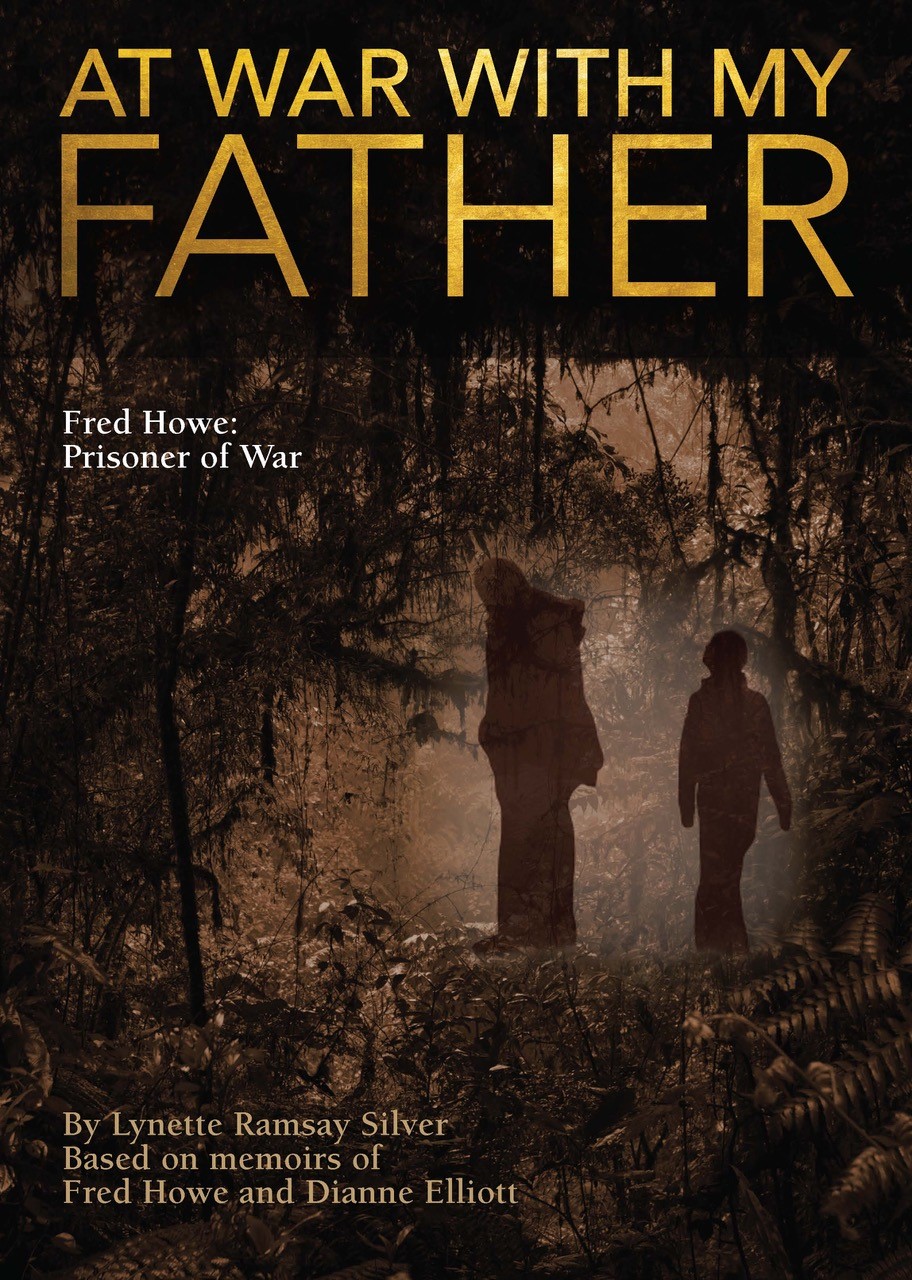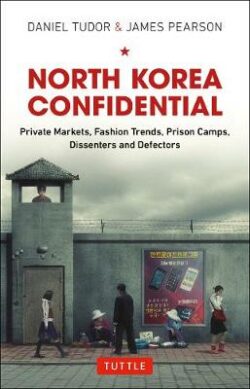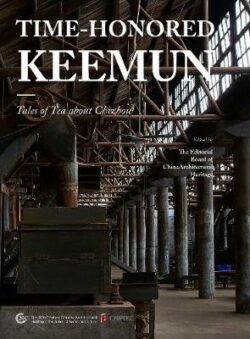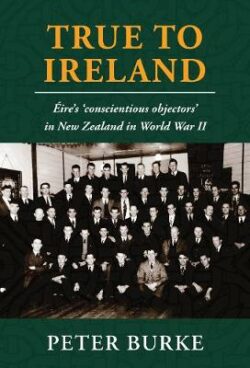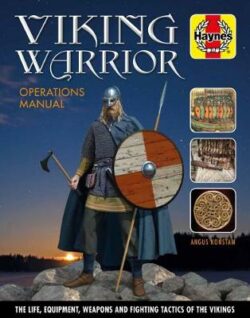At War With My Father
$49.99
Out of stock
Alert me when product is restocked
Description
It is June 2008, and I am on a hillside overlooking the NSW country town of Boorowa. It is a long time since I felt any need to visit the cemetery, but today I have come to talk to my father. My research on the notorious Burma–Thai railway, where he was a POW has brought me to this moment. For the past 13 years I have been following my father’s war time footsteps as a way of understanding him as a person and intern understanding myself.
Sergeant Fred Howe struggles to stay conscious. A hundred needles from the barbed wire securing him to the tree pierce his bony body; cigarette burns inflicted by his tormentors sting his bare skin; the hot tropical sun escalates his thirst and hunger tears at his gut.
In his lucid moments, Fred ponders his decision to enlist. After all, he was 34 years of age at the time, a married man and father to four children. He wonders how much longer he can last, both physically and mentally. Will the war soon be over and those who have made it thus far be on their way home, or will it drag on until not a single one of them survives?
As a young girl I had no understanding of the war. All Dad had ever told me was that, during the fighting his mates had been shot and killed on either side of him. At the age I was then, this didn’t mean much to me. I just didn’t understand. I never asked any questions, so I received no answers – answers that I would come to crave.
I now realise why, for so much of my life, I have been at war with my father, literally and by following in his footsteps. I am also finally understanding the degree to which his experiences impacted our relationship.
Fred Howe was a prisoner of war for more than three years.
I have been a virtual prisoner for sixty.
Additional information
| ISBN | 9781863515016 |
|---|---|
| Dimensions | 0 x 0 mm |
| Author | Silver L |
| Author Bio | Lynette Silver is a military historian, the author of a number of books on Australian history, including The Battle of Vinegar Hill, Fabulous Furphies, The Heroes of Rimau, Krait – the Fishing Boat that went to War, Sandakan – A Conspiracy of Silence, The Bridge at Parit Sulong, Blood Brothers, Deadly Secrets- The Singapore Raids 1942-45 and most recently a novel In The Mouth of the Tiger. Billy- My life as a teenage POW. Angels of Mercy: Far west – Far East. Apart from being reported in various radio and TV news items, Lynette’s research work has been featured in scores of newspaper articles and journals, and she has been interviewed for the electronic media many times. She has also played a pivotal role as consultant on history programs and appeared on numerous current affairs’ programs and in TV documentaries. |
| Number of Pages | 0 |
